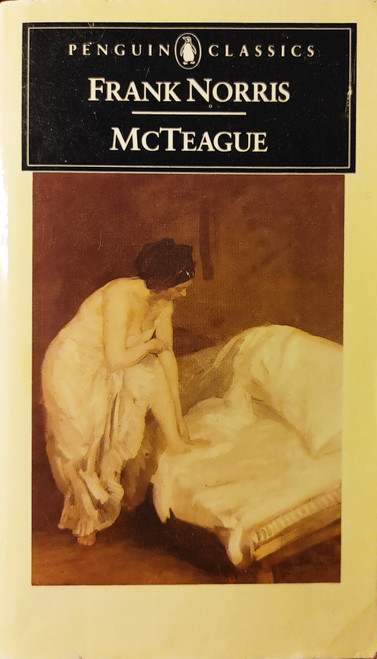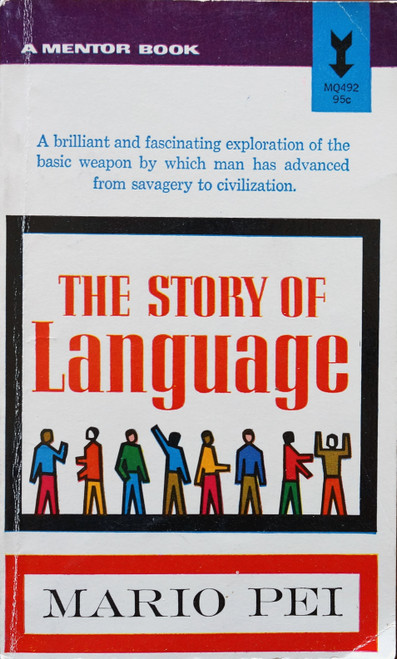An early example of American realism, McTeague was considered truly shocking when first published in 1899.
This searing portrait of the downfall of a slow-witted dentist and his avaricious wife embodies Frank Norris's powerful insights into conflicting forces of heredity and social conditioning. It is a novel of compelling narrative force, resounding with a sense of life as epic.
As Kevin Starr points out in his introduction, McTeague continues to be regarded as a central statement of evolutionary awareness in late nineteenth-century America and as representative of the best work of a school of writers that included Stephen Crane and Theodore Dreiser.
Edited and With an Introduction by Kevin Starr
About the Author
Frank Norris (1870 - 1902), born in Chicago, was an American journalist, novelist, and a leader in the Naturalist movement. He believed novels should confront morality:
"The novel with a purpose brings the tragedies and griefs of others to notice and proves that injustice, crime, and inequality do exist."
Norris moved to San Francisco, attended the University of California, where he was influenced by the French Naturalist writer, Emile Zola. Norris wrote McTeague, his most recognized work, about how man can overcome his brutish, animalistic tendencies. He was influenced by socialist/progressive author, Upton Sinclair, and defenders of evolution, particularly Thomas Henry Huxley.
Norris' work includes morally purposeful action scenes with a theme often involving suffering caused by corrupt and greedy turn-of-the-century corporate monopolies. Norris planned a trilogy, Epic of Wheat, about the production, distribution, and consumption of wheat in America. The first book, The Octopus (1901), dramatized how California farmers were controlled by the railroad industry. The second, The Pit (1903), about Chicago commodities traders, was published after Norris died in 1902. He never completed his planned third novel, The Wolf.
Norris married the novelist and short story writer, Kathleen Norris. His life was cut short following a fatal appendicitis operation at the age of 32.
Kevin Starr is a journalist, librarian, cultural historian, and communications consultant working out of San Francisco. He has taught at Harvard associate Professor of American Literature and served from 1973 to 1976 as City Librarian of San Francisco. Among his writings are Americans and the California Dream, 1850-1915 and the novel Land's End.







